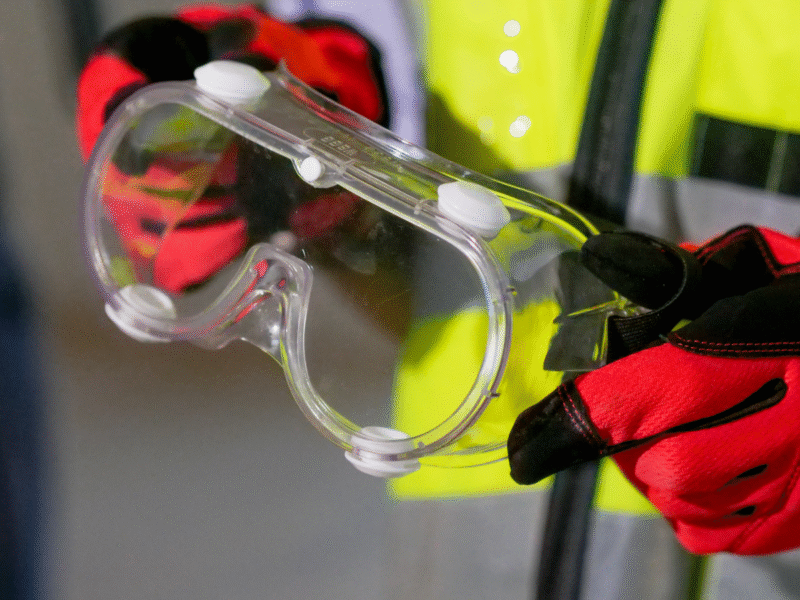Equity investment in industrial and construction personal protective equipment (PPE) companies offers several potential benefits, driven by market dynamics, regulatory trends, and societal shifts.
Deal: 1.5Cr investment for 20% Equity, in a PPE manufacturing Company, in Bengaluru, Karnataka
Below is a concise overview of the key advantages:
Strong Market Growth Potential: The global PPE market is expanding rapidly, valued at USD 75.4 billion in 2023 and projected to grow at a CAGR of 7.2% from 2024 to 2030, driven by increasing workplace safety awareness and industrialization in regions like Asia Pacific. Construction, a major PPE end-user, is expected to recover and drive demand by 2024.
Regulatory Tailwinds: Strict safety regulations from bodies like OSHA and ANSI mandate PPE use in high-risk industries, ensuring consistent demand. Recent OSHA revisions emphasize proper PPE fit, further boosting innovation and compliance-driven sales.
Resilient and Recurring Revenue: PPE is often consumable, requiring regular replacement, which creates stable, non-discretionary revenue streams. This resilience appeals to investors, even in economic downturns.Innovation Opportunities: Companies are investing in smart PPE (e.g., sensors for real-time hazard detection) and sustainable materials (e.g., biodegradable protective clothing), positioning them for premium pricing and market differentiation.
Diversification Benefits: Equity investments in PPE firms provide exposure to diverse industries like construction, healthcare, and manufacturing, reducing portfolio concentration risk compared to tech-heavy public markets.
Social Impact and ESG Alignment: Investing in PPE supports worker safety and equitable solutions (e.g., gender-friendly equipment), aligning with ESG goals and attracting socially conscious investors.
M&A and Exit Opportunities: The PPE sector sees active mergers and acquisitions, as evidenced by Honeywell’s $1.325 billion sale of its PPE business and Odyssey Investment Partners’ acquisition of Protective Industrial Products. This creates liquidity and exit potential for investors
Downside Protection: Private equity in PPE has historically shown resilience during market downturns, with faster recoveries compared to public markets, as seen during the 2008 financial crisis and COVID-19.
Considerations: While promising, PPE investments carry risks like reduced liquidity, long investment horizons, and potential debt burdens from leveraged buyouts. Investors should also be cautious of cost-cutting strategies that may compromise quality or innovation.
Investment Opportunity: Invest 1.5Cr for 20% Equity. Send e-mail investments@ytcventures.com WhatsApp “PPE” to +91-9380376419





